‘Technologies help me overcome any difficulties’ - An Indian professional on life in Russia
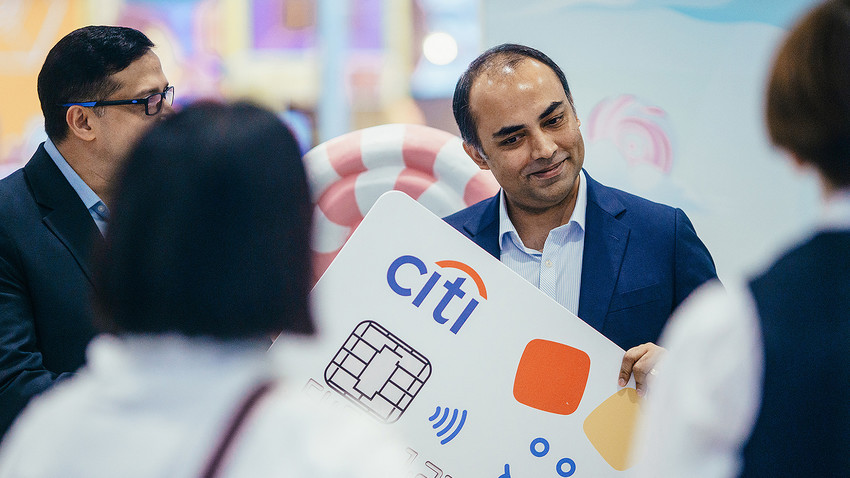
I started my career at Citi [bank] in Chennai in the south of India. After that, I had an opportunity to move to Singapore, until eventually, moving to Russia in December 2017. It was a result of quite a sudden discussion with my regional boss. He said there was an opening for a rotation position and asked me if I was interested in going and exploring. In those days, Russia was still not that well known in terms of what to expect from it as a country to work in. A lot has changed since then, especially after the 2018 FIFA World Cup. But back then, I could find very few of my friends or relatives who had been to Russia or had experience working at Russian companies.
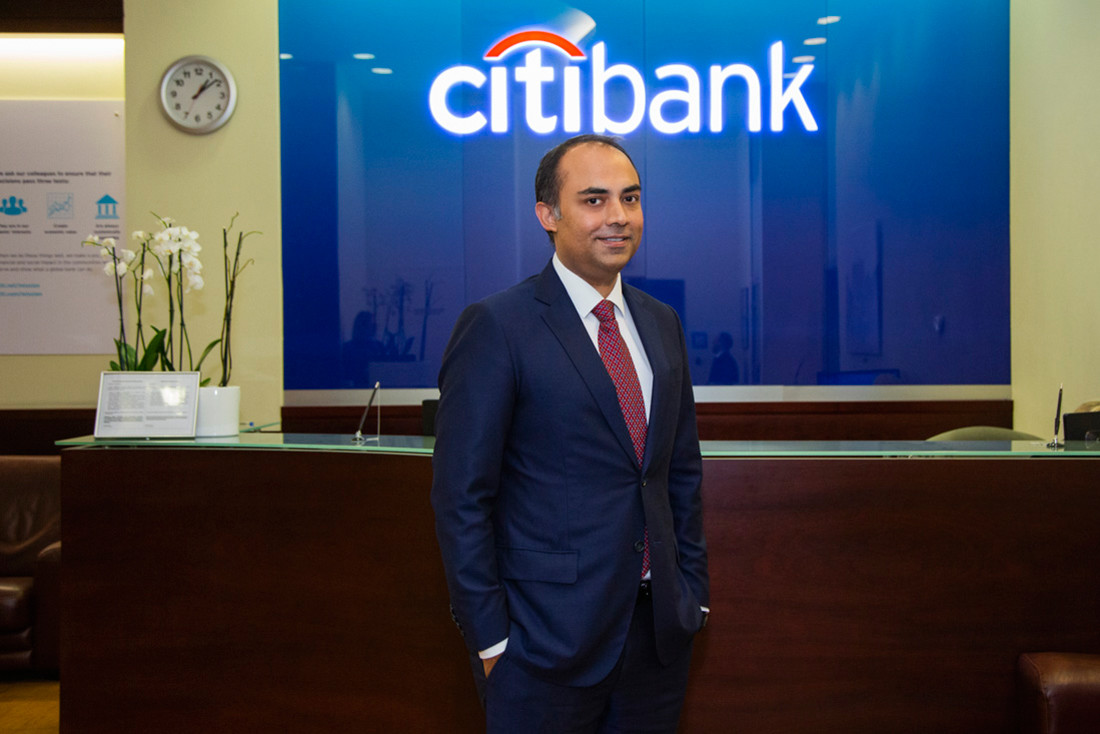
First impressions
It didn’t stop me from relocating, of course. I love traveling, gaining new experience, exploring new cultures (even within India, I lived in all of the four major cities - Delhi, Mumbai, Chennai and Kolkata). I knew that Russia was cold, that there was a lot of snow and that there was the Kremlin and it is beautiful. My first impression was that it was indeed cold, because I arrived in Russia in December. Driving from the airport, seeing all the buildings in Moscow, the architecture, the skyline, the lights in the early winter evening – it was stunning. That was a very positive first impression I got coming to Russia. After that, it kind of grows on you. The working days can be the same – going to the office, coming home. But on weekends, thanks to my colleagues, who were very helpful, I got to explore Moscow and beyond.
Socializing and language
Singapore or Russia – I am still working at Citi [bank], so the business culture is really the same. Getting a job and moving to Russia is one thing but coming here first and then looking for a job is totally different. I know some colleagues who came from India to work in Russia, and actually even changed jobs here, but all of them work for multinational corporations. There is a sense that the country is opening up and welcoming more expats. I can definitely see the trend at Citi Russia, across all teams. I also met a few people from India who own [local] businesses, mostly in textile and pharma. The only difficulty I can think of is language.
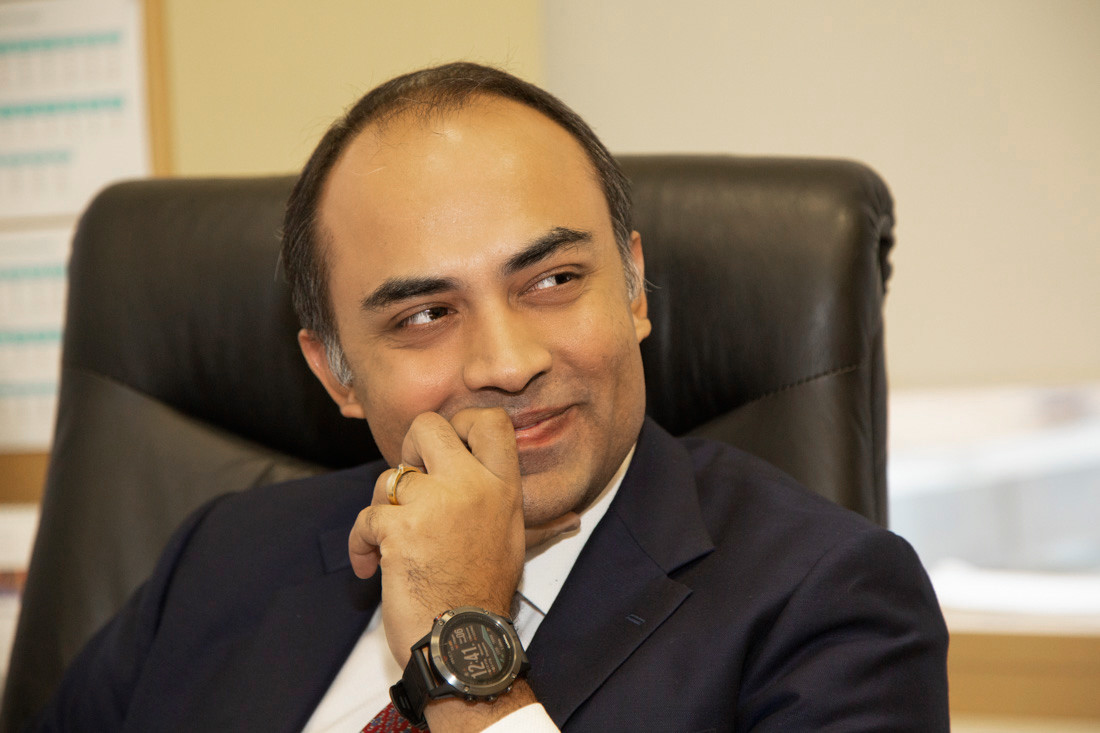
The funniest thing is the facial expressions of people when they realize that I can understand what they are saying in Russian. I definitely know a lot more Russian than when I first landed in Moscow. Even if I answer in English, I can catch the essence of dialogues that are happening around me. There is a coffee shop on the ground floor of our office building and a very nice barista was always so patient and nice to me when I came here and spoke English. At some point, I started learning Russian and for some time stopped going there. Then, when I finally showed up once more and said in Russian: “Американо маленький и пирожок с курицей, пожалуйста!” (I actually read this from a sign in the display window. It means: “A small Americano and a pie with chicken, please!”) you should have seen her face! She couldn’t believe it.
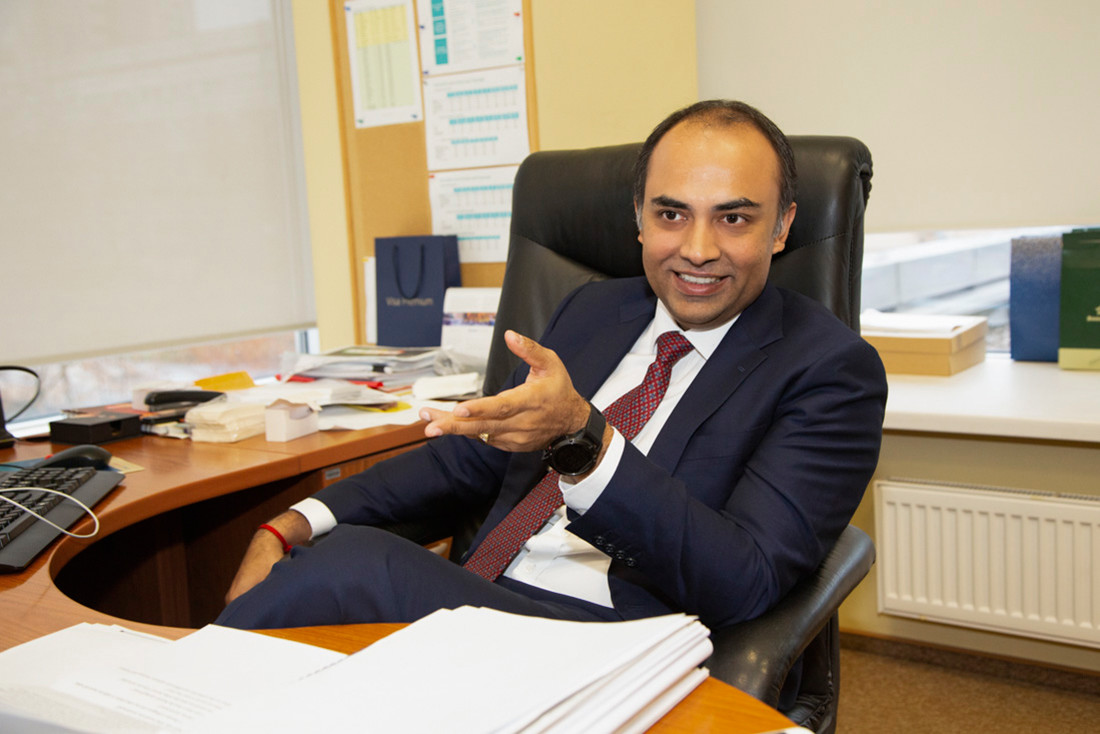
What changed after the World Cup
A lot of positive changes happened in Moscow after the World Cup. One of my favorite examples is this crossroad on Pushkinskaya square, as I often cross it. One day after the World Cup was over, I was crossing the road and I was so shocked to hear that the announcement: “You may cross the road now” in English. It was unbelievable! The stations in the Moscow Metro are now announced in English, as well, which is very helpful. And all the signs are now bilingual, as well. I remember when I first came to Russia, that there were already announcements in English, too (inside the train), but all the signs at the stations were still only in Russian and it was hard to choose the necessary side of the platform. So, the environment for foreigners, whether visiting or living in Moscow, is definitely becoming more comfortable.
Striving for innovations
As for my work – the adoption rate of the new technologies in Russia is phenomenal. In 2019, we launched quite a unique service – ‘Pay with Points’. It allows the customer to pay for the most popular services with points collected on his or her credit card with a couple of clicks. Our customers started adopting this new technology very rapidly. The adoption rate was much higher than in some of the other markets where we have consumer business. People here are not afraid of new technologies, they want innovations. We work hard to keep up with this demand.
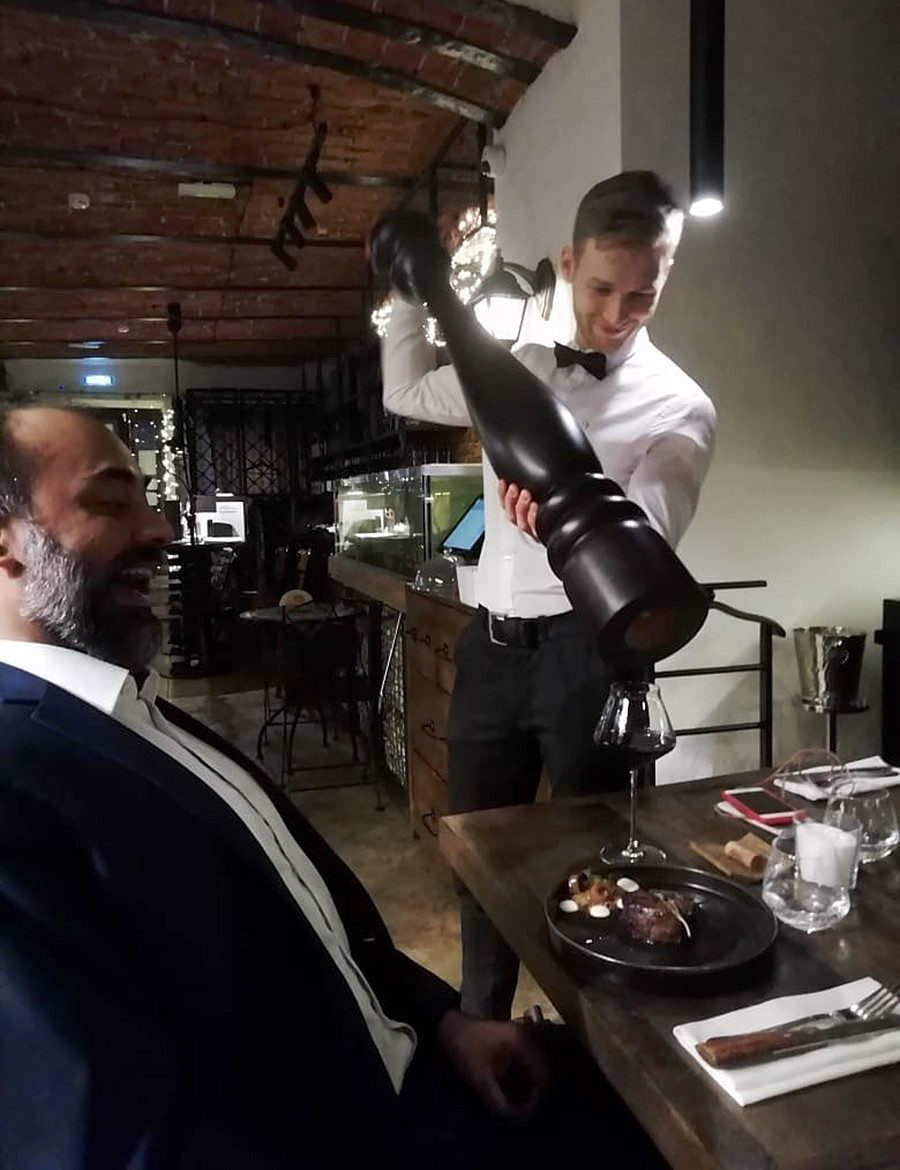
How to prepare for moving to Russia
Before making the decision to relocate, I think people need to be ready for this place and overcome any preconceived notions of skepticism. Because Russia is a great place to live and work in. [But] the challenge will be in learning the language. You might want to invest a little more time in learning the basics of the language.
But new technologies are everywhere. There is a taxi app that I use often and it allows for automatic translation of my messages to the driver. This is very handy and when the driver writes in Russian, I receive his answers in English. There are also translation apps, I personally use Google Translate. I [also] use Duolingo to learn Russian and sometimes I think I learn more from the app than in my face-to-face classes with a teacher!
And of course, take a lot of warm clothes with you. Speaking of the weather, I should mention the beauty of having all four seasons – winter, spring, summer, and autumn. After staying in more or less the same [hot] Singapore weather for almost 10 years, I am enjoying so many variations of seasons and even the different times the sun rises or sets.
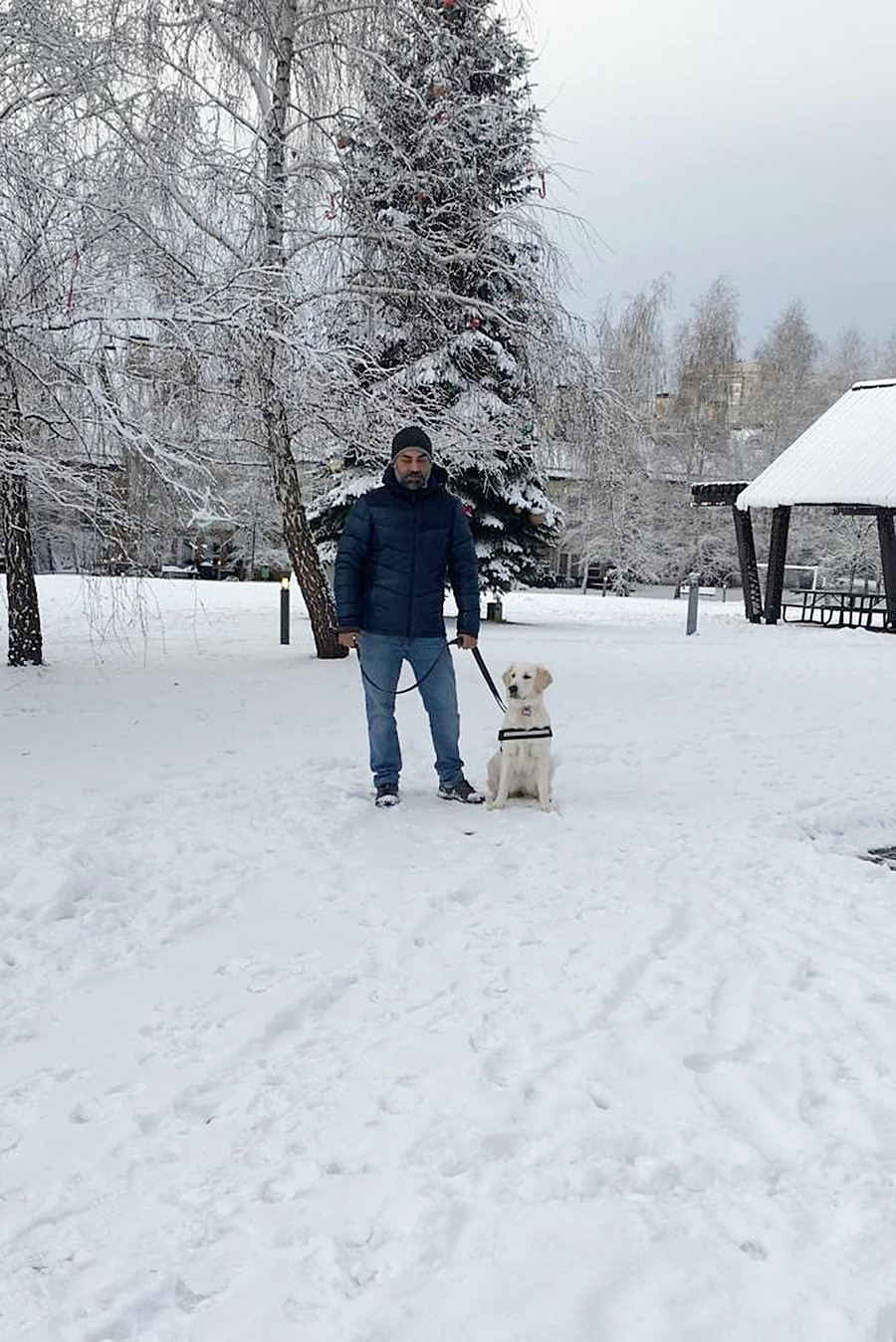
Singapore is a very comfortable place for expats, too. It has a huge population of foreigners and language is absolutely no problem there. If I compare it to Russia, obviously the expat population is smaller here, but I think it’s a great place for culture, architecture or food lovers – there’s an option for everything, which is great. My family and I are still exploring the restaurants and all of the different cuisines in Moscow, as well as cultural sites.
Travel is out of the question for all of us right now, of course. I’m self-isolating with my family now, working remotely. Citibank continues to serve its customers. We are doing everything we can to help our clients to pass through these turbulent times with minimum discomfort. Thanks to new technologies, I can stay in touch with my relatives, friends and colleagues all over the world. And even though the borders are closed and face to face interaction is impossible, we remain close as never before and I believe that we will overcome this together.
This story is a part of Russia Beyond’s new series of articles about foreign professionals working and doing business in Russia. Do
If using any of Russia Beyond's content, partly or in full, always provide an active hyperlink to the original material.
Subscribe
to our newsletter!
Get the week's best stories straight to your inbox